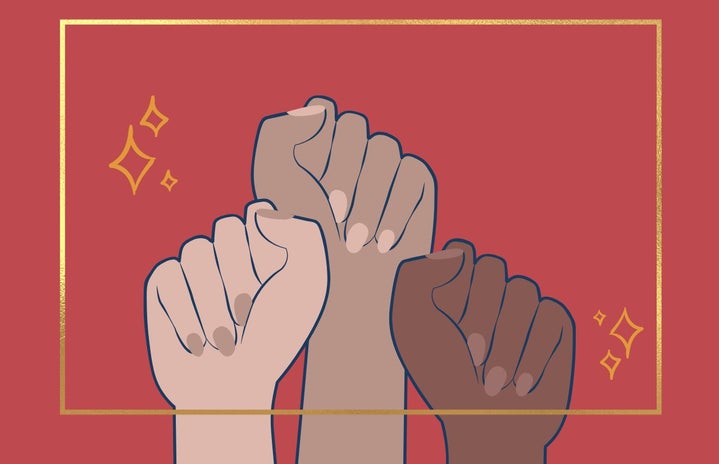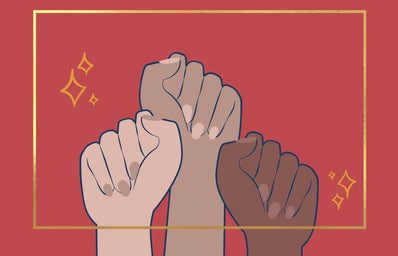Nearly 20 years after the United States, along with NATO allies, dismantled the Taliban regime in Afghanistan, the Taliban has once more risen to power, bringing with it some truly drastic and terrifying changes for Afghan women.
Under previous Taliban authority, women were denied the most basic freedoms of autonomy – they were forbidden from leaving their homes without being accompanied by a male relative and they could not even be seen on the street with another man who was not a relative. Punishment for doing so could include public beatings. Additionally, women were denied access to education or any form of a job, except in very limited circumstances. All this changed when the United States intervened in the region, and women in the occupied territories had more autonomy, access to education, and other freedoms. Many women embraced their newfound access to education, most significantly Zarifa Ghafari, who, despite her Taliban-dominated childhood, became the youngest female mayor in Afghanistan by age 26.
Back in August, when it first became evident that the Taliban was going to topple the US-backed Afghan government, leaders of the group indicated that their leadership would allow women more rights than were provided two decades ago. For example, Taliban representatives stated that women could still receive an education, just one separated by the sexes. More recently, however, the BBC reported that girls in Afghanistan have been banned from attending secondary school, and that female teachers have been banned from the classroom. It is becoming increasingly apparent that even women who are in the process of receiving their education will have to give up their right to attend school and quickly adapt to a more brutal, fundamentalist government.
However, when it comes to our global understanding of and response to the feminist issues at stake in Afghanistan, things become extremely complicated. While the United States did not intervene in Afghanistan and topple the original Taliban regime for the sake of women’s rights, some have pointed out the tendency for people in the United States and other first-world countries to see themselves as ‘white saviours’ of Afghani women. In an article for The Independent, Hafsa Lodi noted how feminism was, in part, used as a justification for the invasion of Afghanistan, and furthermore, how Muslim women became media crutches to demonstrate the brutality of the Taliban. Lola Olufemi, an organizer at the London Feminist Library, puts it bluntly; ‘there is much at stake when colonial, one-dimensional ideas about religion become weaponized in the name of ‘feminism’.’
Many women in Afghanistan undoubtedly gained rights in the last 20 years under US occupation. However, it is worth examining who had access to these newly found freedoms in a geographical context. A recent article in The New Yorker by Anand Gopal featured the stories of lower-class women living in rural Afghanistan and their thoughts on the United States occupation. Roughly 70% of Afghan women live outside cities, and throughout the last two decades of constant war and occupation, did not have access to many of the freedoms granted to women in the US-occupied urban areas. Additionally, much of the war was fought outside of Kabul, and, as the article reports, many women living in the countryside bore the brunt of the casualties. For these women, life outside of Kabul without access to money and city amenities meant they did not reap the benefits that the US occupation bestowed upon Afghani women. Rather, they noticed more of their loved ones being killed. Overwhelmingly, the women interviewed in the article agreed that meaningful change should come out of their own communities, and that Islam is a potential tool to help achieve this aim.
While it is true that many women did not see the benefits of autonomy during the US occupation of Afghanistan, those who did are understandably concerned, as many of them were vocal critics of the Taliban’s strict and oppressive practices. Zarifa Ghafari would be an obvious target for the Taliban, who have already made attempts on her life prior to the withdrawal of the United States troops. Ghafari embodies everything the Taliban fears about women; she is political, popular, articulate, intelligent, and a feminist role model to Afghani girls and women. Fortunately, Ghafari was able to flee with her family to Bonn, Germany; however, others have not been so lucky.
Women in Afghanistan have been subject to both a repressive fundamentalist government and a US imperialist agenda. Now, these women are entering a new phase, which for some means that their once cherished rights are things of the past. Unfortunately, young women and children are paying the price of a botched US policy and the return of a fundamentalist and oppressive regime.


